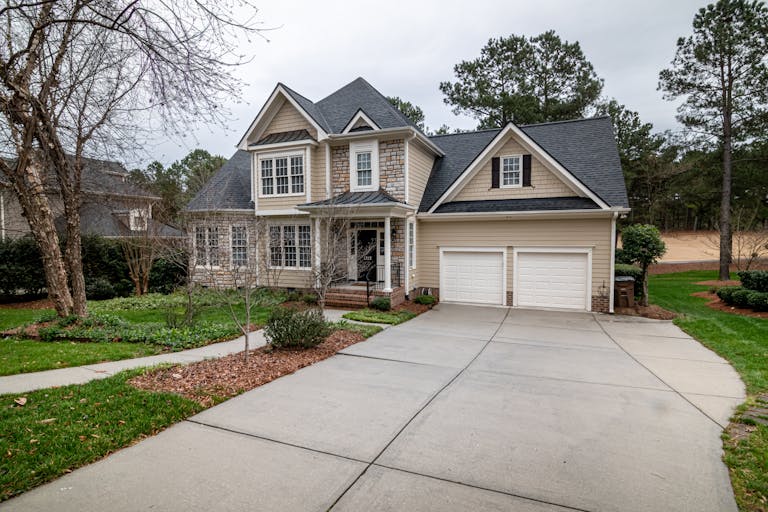 Buying a home remains one of the largest financial transactions that anyone will make in their life. We often tend to pay a significant amount of attention to negotiating the best possible home price, but we don’t always pay enough attention to the terms of the mortgage that we get to actually buy the home.
Buying a home remains one of the largest financial transactions that anyone will make in their life. We often tend to pay a significant amount of attention to negotiating the best possible home price, but we don’t always pay enough attention to the terms of the mortgage that we get to actually buy the home.
The mortgage process itself can be a little stressful, even under the best of circumstances. In order to make sure that the process goes as smoothly as possible, and that you wind up with the best deal for your budget there are several mistakes that individuals may make.
Here is some mortgage advice on major mortgage mistakes you should avoid.
Not Shopping Around. Even though it’s become much harder in recent years to secure a mortgage, don’t be tempted to automatically go with the first bank that approves your application. The mortgage offerings of different banks may only slightly vary in terms of interest rates, points and how the interest rates might adjust (in the case of adjustable rate mortgage), but those little differences can make a significant financial difference over the life of your mortgage. Even after you are approved, keep shopping until you are confident that you have the best possible deal.
Leaving Too Much to Chance. If you decide to go with an ARM, make sure that the lifetime caps are something that you could live with if the worst-case scenario happens. In other words, if interest rates spike dramatically upwards in the years leading up to your rate adjustment time, what’s the highest interest rate that your mortgage could adjust to? If your rate reaches its maximum, will you comfortably be able to afford the resulting monthly payments?
Ignoring Points. Given the down payment and other closing cost requirements for buying a new home, many people are reluctant to consider paying even more by choosing a mortgage that has upfront “points.” Sometimes, however, paying fees upfront fees will result in saving a significant amount of money over the course of your loan. Paying points may or may not make sense for your situation, but it would be unwise to not consider the possibility.
Ignoring Your Future. While it’s impossible to know exactly where life is going to take you, you probably have at least some idea of where you’d like to be five, 10 or 20 years from now. If you’re looking to move to a new city within the next year or two, then perhaps buying a home is not the best decision and any mortgage is going to be a wrong one. By the same token, if you’re fairly confident that you’ll be staying in your new home for many years, then the predictability of a fixed 15 years or 30 year mortgage might make the most sense.
Treating Your Home Solely as an Investment. While the recent housing market problems have reminded us that real estate might not be the most dependable investment, it’s still easy for some potential homeowners to count on significant home value appreciation. This can become a problem when a homebuyer’s overly optimistic view of their home’s investment potential leads them to make bad mortgage decisions.
By paying attention to these issues, you’ll increase the likelihood that you’ll be happy with your mortgage in the years to come, and that you don’t adversely affect your overall financial health.
 Buying a home remains one of the largest financial transactions that anyone will make in their life. We often tend to pay a significant amount of attention to negotiating the best possible home price, but we don’t always pay enough attention to the terms of the mortgage that we get to actually buy the home.
Buying a home remains one of the largest financial transactions that anyone will make in their life. We often tend to pay a significant amount of attention to negotiating the best possible home price, but we don’t always pay enough attention to the terms of the mortgage that we get to actually buy the home.

